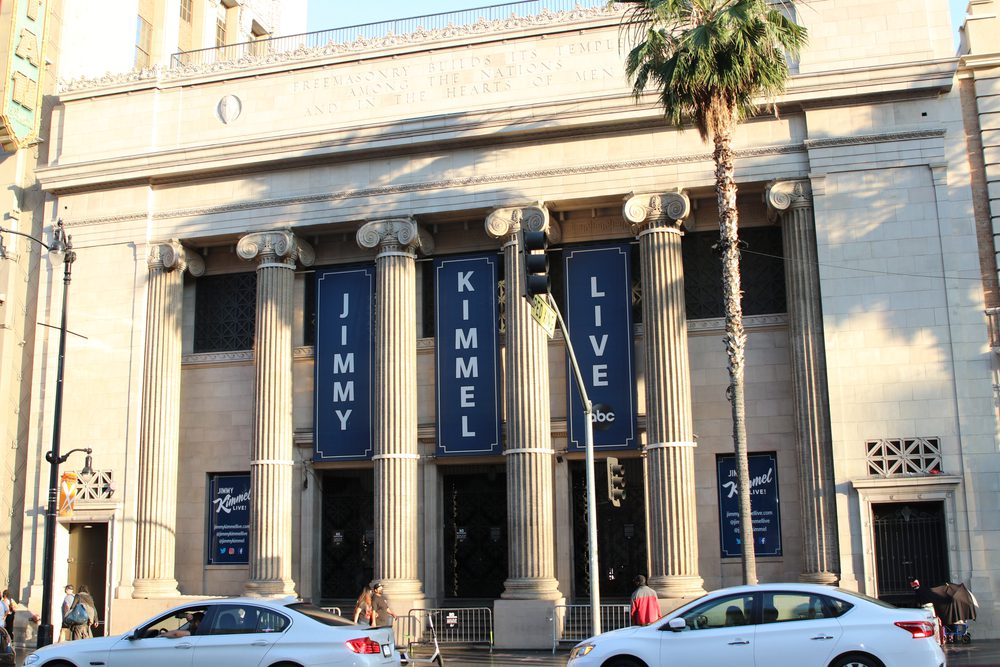Tickets.com has not wasted any time.
The ticket seller did 6.4% of its business online in the first quarter of 1999 – roughly the same percentage as total current online ticket sales in the United States.
And now? Of 1.3 million tickets sold by Tickets.com in the first quarter of this year for a whopping $35.2 million, Internet sales accounted for 34%.
“Doing more than one-third of our sales online puts us way ahead of the curve,” says James Lamberti, director of online marketing at the Costa Mesa, CA-based firm.
Tickets.com markets in several ways online. For starters, it posts information on its Web site (www.tickets.com) for about 45,000 to 50,000 events per week, including ones to which its competitors have exclusive ticketing sales rights.
“We’ll refer customers to competitors because even if we don’t sell the tickets it gives us an opportunity to begin forming a relationship,” says Lamberti. “The majority of people who register at Tickets.com do become transactors.”
The firm, which also sells tickets by phone and through retail outlets, gets online customers through e-mail and sweepstakes, and through pop-up banner ads and advertising links on numerous Web sites. It also has a robust e-mail program.
Tickets.com outsources its online campaigns to Matchlogic Inc., a Westminster, CO-based online marketing agency. Among other things, Matchlogic provides prospecting names from its database of 6 million e-mail addresses. It also handles sweepstakes promotions, database management and analysis.
Soon after registering their e-mail address, consumers start receiving updates from Tickets.com about every two weeks. “We just redesigned our registration process,” says Lamberti. “We switched from an opt-out to an opt-in model.”
The firm asks consumers to fill out online forms – to profile their preferences in music, sports and other forms of entertainment – by checking off boxes to receive information about events at venues nearby.
But it doesn’t ask much more than that because it doesn’t want to make people angry.
“It’s also a lot of work for consumers,” adds Lamberti.
Personalized e-mail is sent to consumers who provide the information about their preferences. They can also click an “e-mail reminder button” to automatically receive e-mail whenever an event at nearby venue is loaded in the system that matches their interests.
E-mail campaigns are geographically targeted, often by Zip code, and are usually based more on transactional data than clickstream data. Three to eight e-mail campaigns are rolled out monthly targeting 5,000 to 10,000 registered customers, but the circulation for some campaigns runs as large as 250,000.
The clickthrough rate for ticket sales typically runs from 3% to 4% in customer e-mail campaigns. But some campaigns have pulled as much as a 30% response rate. Lead generation campaigns to generate Web site traffic typically pull 15% to 20% response rates, and can go as high as 30%.
One recent sweepstakes offering free tickets and transportation to a Backstreet Boys concert in New Orleans netted Tickets.com about 100,000 names for its database, says Lamberti.
Tickets.com concentrates its online marketing in eight markets where it represents the greatest number of organizations and venues for ticket sales. Its biggest markets in the East are Cleveland, Buffalo, Syracuse and greater Washington, DC. Its major markets in the West are Albuquerque, Dallas and the San Francisco Bay area.
Online ticket sales are more profitable than traditional sales because each one saves the firm about $2 in fulfillment processing costs, says Lamberti. Although Tickets.com still mails tickets, eventually customers will be able to print them out themselves. However, entertainment venues must first resolve barcode and security issues to prevent unauthorized printing of tickets. Lamberti says that should take another year, although he believes it will be another five years before this practice becomes widespread.
 Network
Network

